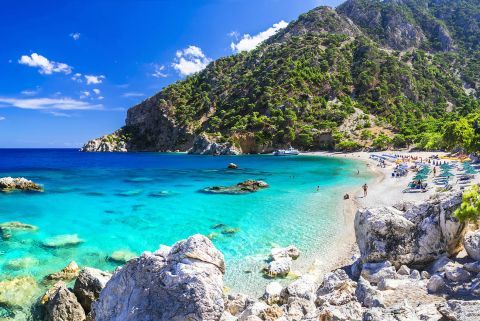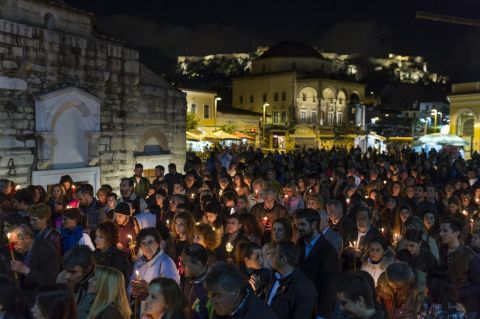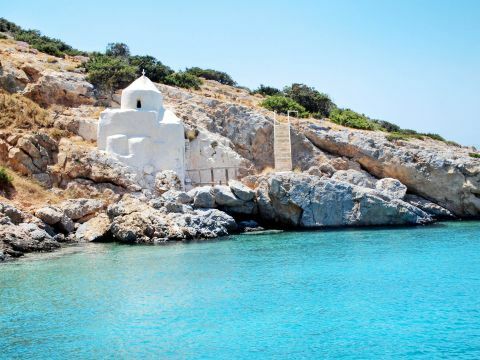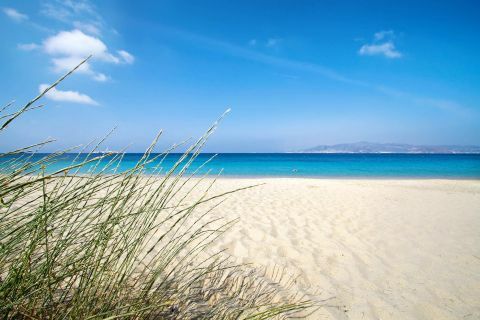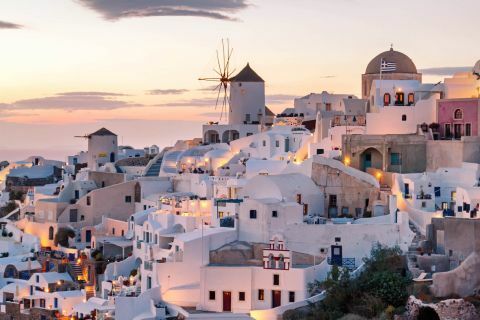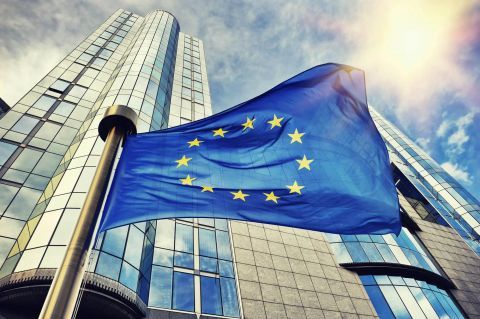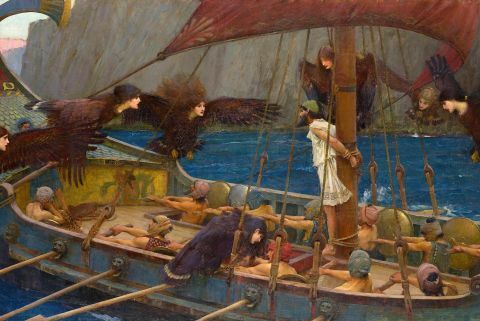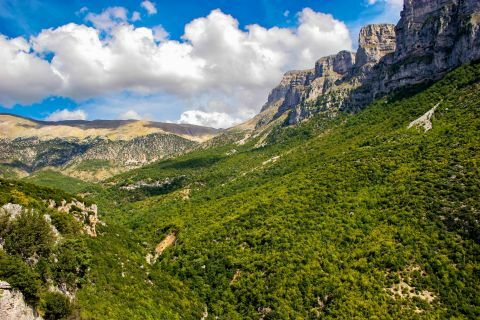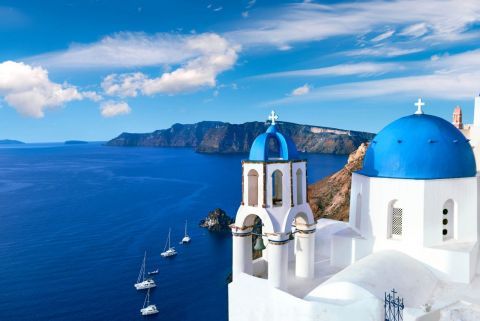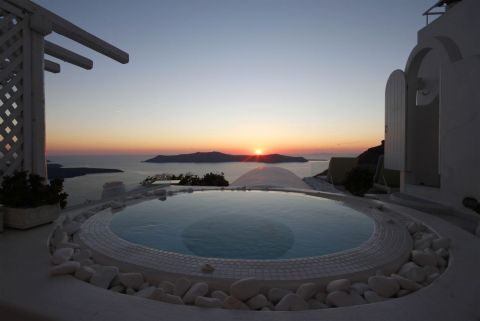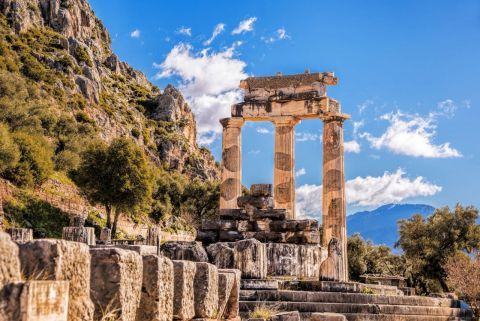The famous Acropolis of Athens
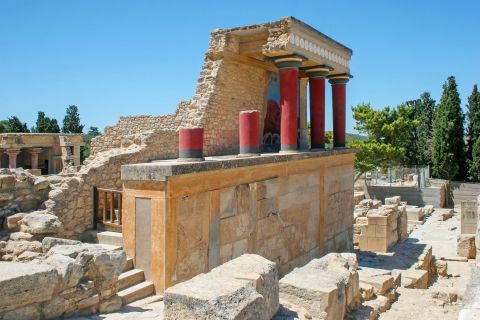
History
This section offers information regarding various historical periods in the Greek mainland and the islands, from the Bronze Age until Modernity.
Dating back to the prehistoric years, Greek culture has significantly contributed to the civilization of Europe.
With a quick reading, you will be able to get a better understanding of Greek history, while you will also have the opportunity to see photos of major archaeological sites and find more information about historic locations, listed as UNESCO World Heritage Monuments.
In addition, a smaller section is dedicated to important Greek people from the ancient or modern world, as well as their most famous quotes & sayings.



